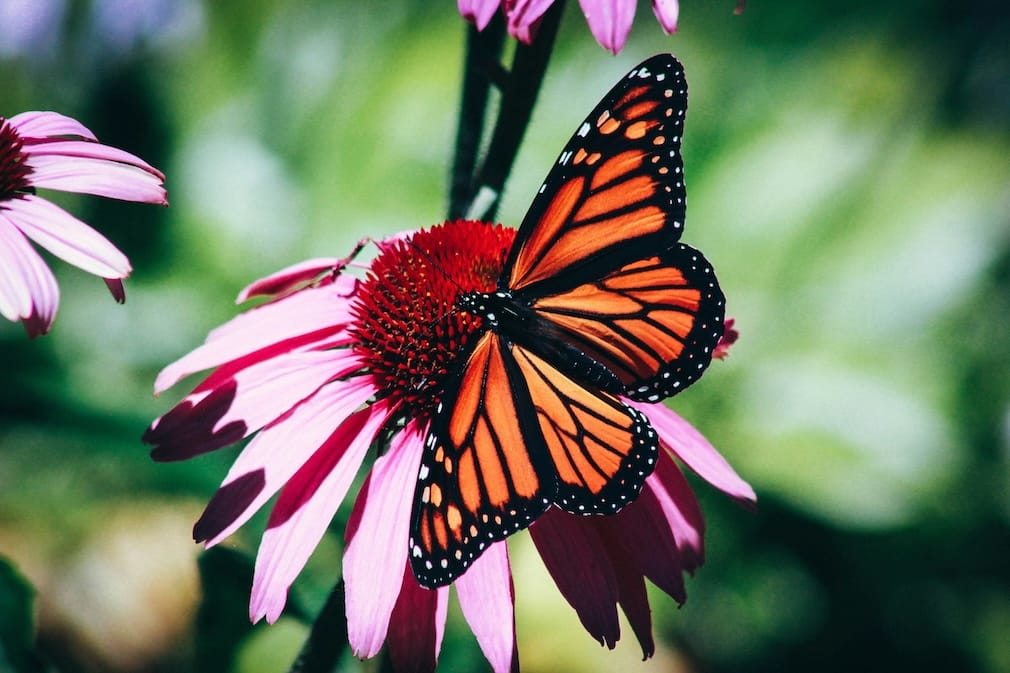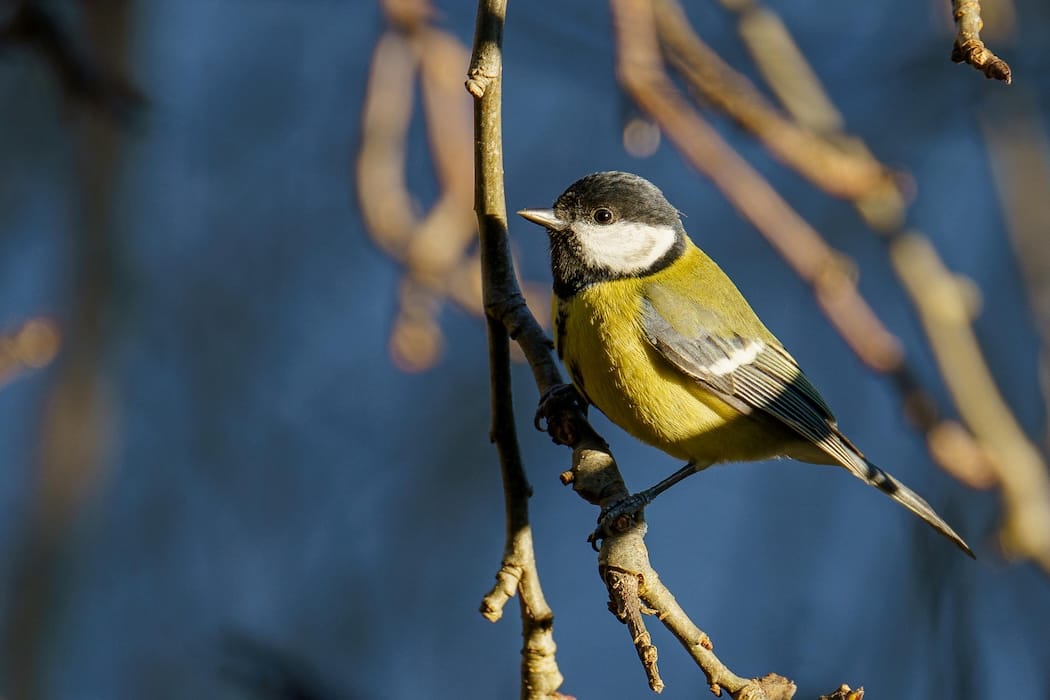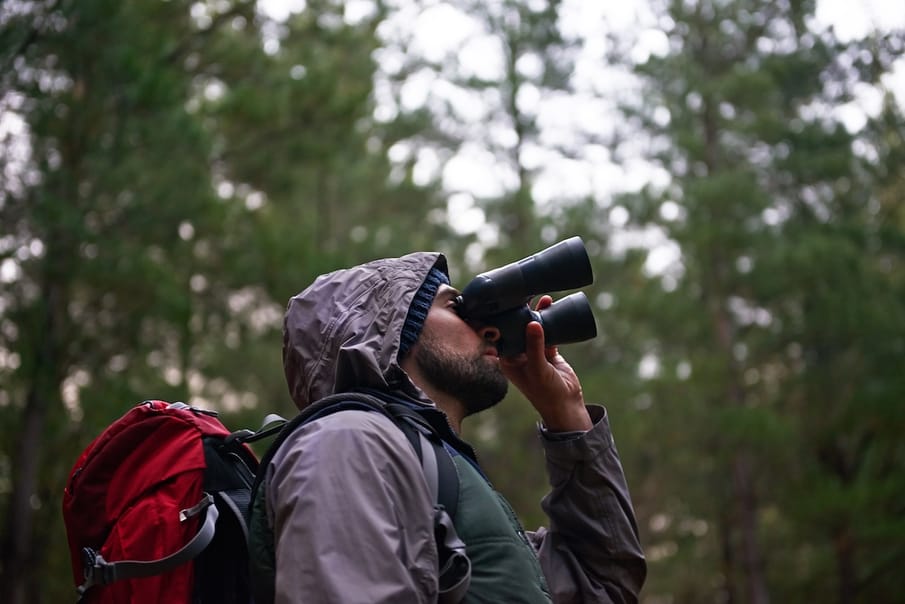To truly help our planet, we need to connect with it. And the good news is you don’t have to be a qualified expert to support the cause. Enter: citizen science...
In life, taking stock of where we’re at helps us decide on a path forward. This could be a financial audit to understand our spending habits and build a budget, or a wellbeing one to assess the areas of our life that need improvement – but what about the state of our world? Naturally, scientists can’t be everywhere all at once, so how can they actually know what’s going on in real-time with the environment or the animals inhabiting it? The solution could just be in our own back gardens.
Citizen science projects encourage all of us to take action to support a cause, with no scientific background or research degree required. They ask volunteers to gather data on a larger scale, harnessing the power of the public and community spirit, which enables conservationists and scientists to get unique insights into spaces they wouldn’t typically have access to.
The more information gathered the better, so whether it’s counting birds, butterflies, or signs of blossom, these projects ask as many people to get involved as possible, teaching us about population figures and behaviour patterns to identify trends, along with any concerns.
But the benefits go beyond improving our understanding of the natural world. Citizen science schemes not only educate the general public and connect us with our local area, but also empower us to aid the future of our planet – from changing our own habits to better support the environment to advocating for positive change, as well as bringing in fresh perspectives to assist with scientific breakthroughs.
And, the best part is citizen science projects are easy to support – you can even take part from your own home or local area. Most require monitoring a space for a period of time, which can be a mindful activity in itself as you focus on the moment. Ready to get stuck in? Here are some of the many incredible projects looking for volunteers:
Big Butterfly Count
Taking place between 18 July and 10 August in 2025, involvement in this project run by Butterfly Conservation is more important than ever, as the 2024 results led the charity to declare a butterfly emergency with numbers dropping significantly since the 1970s. The charity notes how butterflies act as biodiversity indicators, which means they respond quickly to changes in the environment, and therefore are key in recognising what’s happening in our natural world.
Supporting this initiative couldn’t be more simple; participants are asked to spend 15 minutes each day recording butterflies they see, either via their website tracker or app. There is also a handy guide to help you identify different types, plus targets to watch for. Head to bigbutterflycount.butterfly-conservation.org to join in.

The Great UK WaterBlitz
This biannual campaign from the FreshWater Watch aims to assess water quality across the UK. The next one runs from 25–28 April 2025, and asks volunteers to test the water quality in local freshwater sources, such as rivers, streams, and lakes, and with the results from the September 2024 campaign painting a bleak picture, this is more important than ever to encourage action. The report revealed that 61% of water sources across the UK showed poor water quality, with the worst seen in the Anglian and Thames river basin districts, where 80% of samples showed ‘unacceptable nutrient concentrations’.
To help in the upcoming campaign, simply register your interest at earthwatch.org.uk/greatukwaterblitz to receive more information, along with your own water testing kit.
The Big Garden Birdwatch
Organised by the RSPB, the world’s largest garden wildlife survey runs in January each year, and asks volunteers to sign up to simply watch their gardens for an hour each day, recording the avian creatures they see. In 2024, more than 600,000 people took part in the UK, and recorded an incredible 9.7 million birds – from blackbirds to blue tits, and house sparrows. But beyond a mindful pastime, recording this data is essential to help scientists track the challenges facing birds in general, along with specific species – noting that we’ve seen a loss of 38 million birds in UK skies in the past 60 years. Visit rspb.org.uk for more details.

Nature’s Calendar
Noted as the “longest written biological record of its kind”, this initiative by the Woodland Trust looks to track seasonal shifts and patterns, to see how climate change is affecting our ecosystems. The easy, three-step process requires you to pick a species and behaviour (such as tracking common frogs and their first spawn of the season, or spotting certain fungi), decide the area you’re recording (e.g. your garden, or a particular public location), and make a note on the online system of the dates of these actions. Get involved by visiting the woodlandtrust.org.uk.
• Zooniverse (zooniverse.org) is a platform connecting researchers with volunteers, all over the world.
• The Wildlife Trusts (wildlifetrusts.org/citizen-science) runs projects across the UK, including region-specific ones.
• Earthwatch Europe (earthwatch.org.uk) connects
people with nature through a range of projects.


Comments